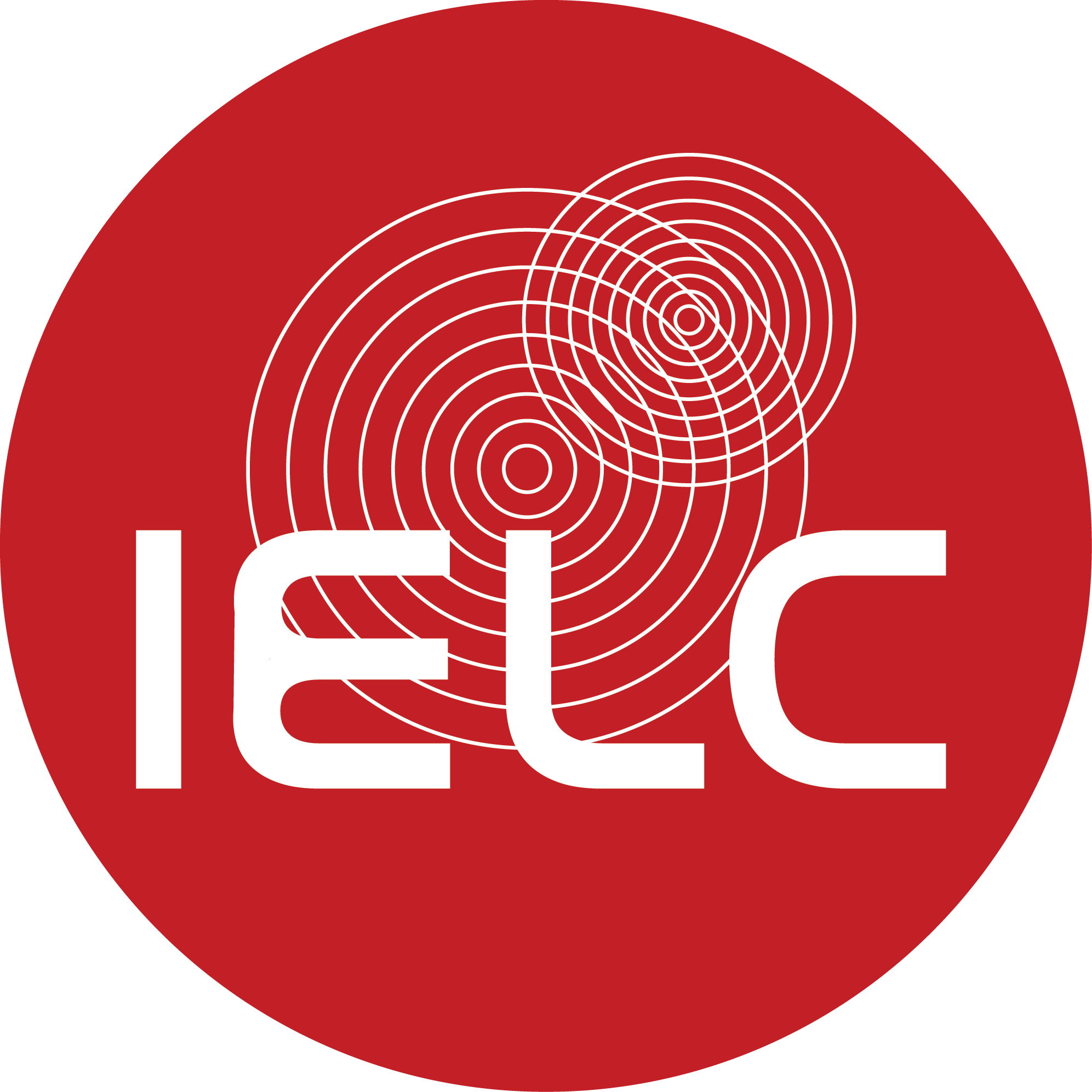| Special Journal Issues - Leadership, Culture and Change in Higher Education: Theory and Practice in East Asia Volume 33, Issue 3, 2011 Papers From Asia Leadership Roundtable 2010 Journal of Higher Education Policy and Management
|
||||
|---|---|---|---|---|
Theme |
Leadership, Culture and Change in Higher Education: Theory and Practice in East Asia This theme issue will examine change in higher education in East Asia with a focus on six national contexts: Hong Kong, Taiwan, Thailand, Vietnam, Singapore and Malaysia. During the past decade East Asian universities have made concerted efforts to step up onto the next rung of the global ladder in developing their capacities in teaching and research. Competition for international ranking, adoption of global standards of practice, and integration into international systems of quality assessment and accreditation all reflect the mission of East Asian universities to increase quality and competitiveness. This special issue bridges theory and practice by offering insights into policy contexts as well as implementation strategies employed by university leaders in the region. While the papers focus centrally on issues of leading change aimed at quality improvement in East Asian universities, the analyses are informed by discussions of how the cultural context shapes the implementation strategies and results. The authors contributing to this issue are well-known international academics and include |
 |
||
Issue Objectives |
1. To examine the policy context that is framing change in higher education in the East Asia region,
2. To explore conceptions of quality in higher education that are gaining a currency in the region, 3. To examine how university leaders are implementing institutional change in the region, 4. To examine how the cultural context of is impacting efforts of East Asian universities to implement change. |
|||
Letter from Editor |
This issue of the Journal of Higher Education Policy and Management presents readers with a world voyage, as it comprises nine papers by authors from the Republic of Ireland, the United Kingdom, Portugal, the United States of America, and Australia. The topics covered by authors are as wide-ranging as the countries of origin of those authors. Job satisfaction is an important issue, and one would hope that all university employees are job satisfied, including Irish accountancy academics. Given the allegedly parlous state of the Irish economy, perhaps job stress is more prevalent now than in the past. Aamir Ali Chugatai and his colleagues present the balance sheet on this issue. Across the Irish Sea, and still seeking ‘balance’, John Taylor and Claire Baines present a lucid description of the use of the Balanced Scorecard approach to performance management in the United Kingdom. Heading south, a paper from Portugal reinforces the global nature of higher education. Sónia Cardoso and her colleagues present results of research into students' perceptions of quality assessment. Results in this paper have been percolated from a large number of semi-structured interviews. Across the Atlantic, James Monks examines job turnover of university presidents (aka vice-chancellors, aka rectors) in the United States. Monks' analysis finds that public university presidents' odds of leaving office are about 50 per cent higher than are their private university presidents. I don't think I'd be alone in having worked at a university where turnover at the very top didn't happen quickly enough! I have one specific instance in mind. Next, the paper by Australian Andrys Onsman, currently working for an English university in China, provides a stopover in the voyage to Australia. China is currently expanding and opening up its higher education sector, with the aims of increasing access and resourcing, improving scholarly outcomes and reducing official interference. These reforms are underpinned by Confucian philosophy Communist Party of China ordinances. Four papers from Australia, including two brief commentaries, complete the offerings in this issue. First, Franklin Obeng-Odoom considers housing the myriad international students drawn to Australia in their quest for higher education. About one-quarter of Australia's onshore student population is made up of students from abroad, so affordable housing in a new land is a crucial component of this important facet of international trade. Mark Pearson is a student counsellor, and presents evidence from the literature on the value of increasing counselling and mentoring care for higher degree research students. Attrition rates, especially in PhDs in the humanities and social sciences, are particularly high. Our sector could both save scarce funds and nurture more postgraduates if that attrition could be reduced. Still on the topic of research students, Graham Irvine wonders why it can take so long for PhD examiners' reports to come in. Is it reasonable for a student to have to wait nine months for results? I think not! What do you think? Last word in this issue has been left to a short piece ‘discovered’ by Australian academic Dr Richard Hil. In a mere 1,000 words, it presents an allegory of contemporary Australian higher education. In style and content one is reminded of disappeared author Joseph Gora, whose elucidations have been presented in this journal in the past. As always, your comments and (constructive) criticism will be gratefully received. Ian R. Dobson Editor |
|||
Issue Co-editors |
The issue co-editors are experienced academics who possess experience in both Eastern and Western universities. Professor Hallinger was formerly Professor of Leadership and Organizations at Vanderbilt University, Chief Academic Officer of the College of Management at Mahidol University in Thailand, and currently Director of the Asia Pacific Centre for Leadership and Change at the Hong Kong Institute of Education. He has worked in universities in East Asia for 20 years. Prof. Hallinger has also successfully edited issues of a number of respected international education journals including Educational Administration Quarterly, School Effectiveness and School Improvement, Journal of Educational Administration (twice) among others. Professor Tjeldvoll was formerly a Professor of Management at the University of Oslo and more recently has been Professor of Management at National Chi Nan University in Taiwan. Letter from the Special Issue Co-Editors |
|||
 |
Professor Philip Hallinger TSDF Chair Professor of Leadership College of Management, Mahidol University Thailand Senior Research Fellow Asia Pacific Centre for Leadership and Change The Education University of Hong Kong China |
 |
Professor Arild Tjeldvoll Professor of Management National Chi Nan University Taiwan Senior Research Fellow Asia Pacific Centre for Leadership and Change The Education University of Hong Kong China |
|
| Contributors | The issue contributors are all experienced academics with extensive records of publication. All hold the rank of Professor or Chair Professor and have had experience not only as academic but also as senior university administrators. They will bring both scholarly perspectives and practical experience to bear on the issues of leading change in universities in East Asia. |
|||
|
||||
Professor Arild Tjeldvoll
|
||||
Professor Anthony B. L. Cheung In the era of globalization, competition has become global as well. In higher education, countries worldwide are attaching increasing importance to international ranking exercises and subscribing to the “world-class universities” paradigm, complemented by various strategies to benchmark with leading universities in order to enhance the global competitiveness of their universities. This is particularly so in Asia as it emerges as the centre of fast-growing economies of the world. |
||||
|
||||
|
||||
|
||||

